Another memoir/non-fiction for me…
Earlier this year, I read a lot of very positive reviews of History of a Suicide, by Jill Bialosky. When Simon and Schuster/Atria Books offered me the chance to review it, I eagerly took them up on it.
Author Jill Bialosky lost her younger sister Kim to suicide in 1990. History of a Suicide is Bialosky's attempt to understand why her sister decided to take her life. She delves deeply into her family's history – her mother's loss of husband #1 when Bialosky was young and her unsuccessful subsequent marriage to Kim's father; how Kim's father's absence deeply affected Kim – to reconstruct Kim's life and mindset before the fateful day when she sat in her mother's car with the engine running. In addition to her family's history, Bialosky looks at literature about suicide (Sylvia Plath, Virginia Woolf) as well as medical theories that try to predict who might have suicidal tendencies.
Bialosky's chapters are short and bounce around between memories, theories, literature excerpts, and discussions of her own mourning process and how much she misses Kim. It's a powerful book, and one that takes a realistic, non-apologetic look at how the loss of this young life deeply affected those around her. Bialosky is a thoughtful, compelling writer and the book was definitely a sad one.
At the same time, she does meander quite a bit, floating from topic to topic and often repeating herself. The structure is faithful, I suppose, to the path of the grieving mind, which can pinball from emotion to emotion, running the full range between rational analysis to raw anger and sadness. That range is on display here, and I do not doubt the sincerity or complexity of Bialosky's expression. As a reader, though, it felt almost indulgent, as though I were reading an unedited journal that hadn't been reorganized or ordered with the reader in mind.
I have been a bit surprised by the extremely strong accolades I've read about History of a Suicide, such as this review in Entertainment Weekly (which gave it an A). I did find it to be a powerful book, but it wasn't one that I had trouble putting down and leaving for a few days. Maybe that's just me and my natural tendency toward fiction. Either way, for me it was a good book and one that I am glad I read, but not a favorite.
Anyone else out there read this yet? Did you like it more than I did?
[Hey there FTC! Were you reading carefully enough? If so, you'd have seen from the top of the post that this was a review copy. Thanks, Atria/Simon & Schuster!]

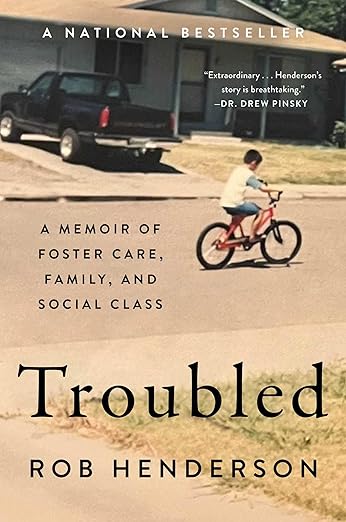






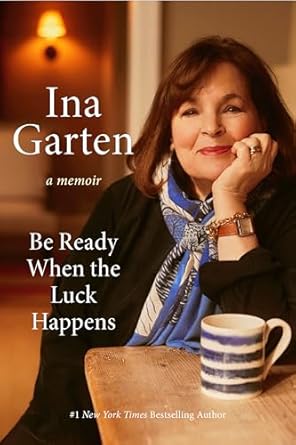
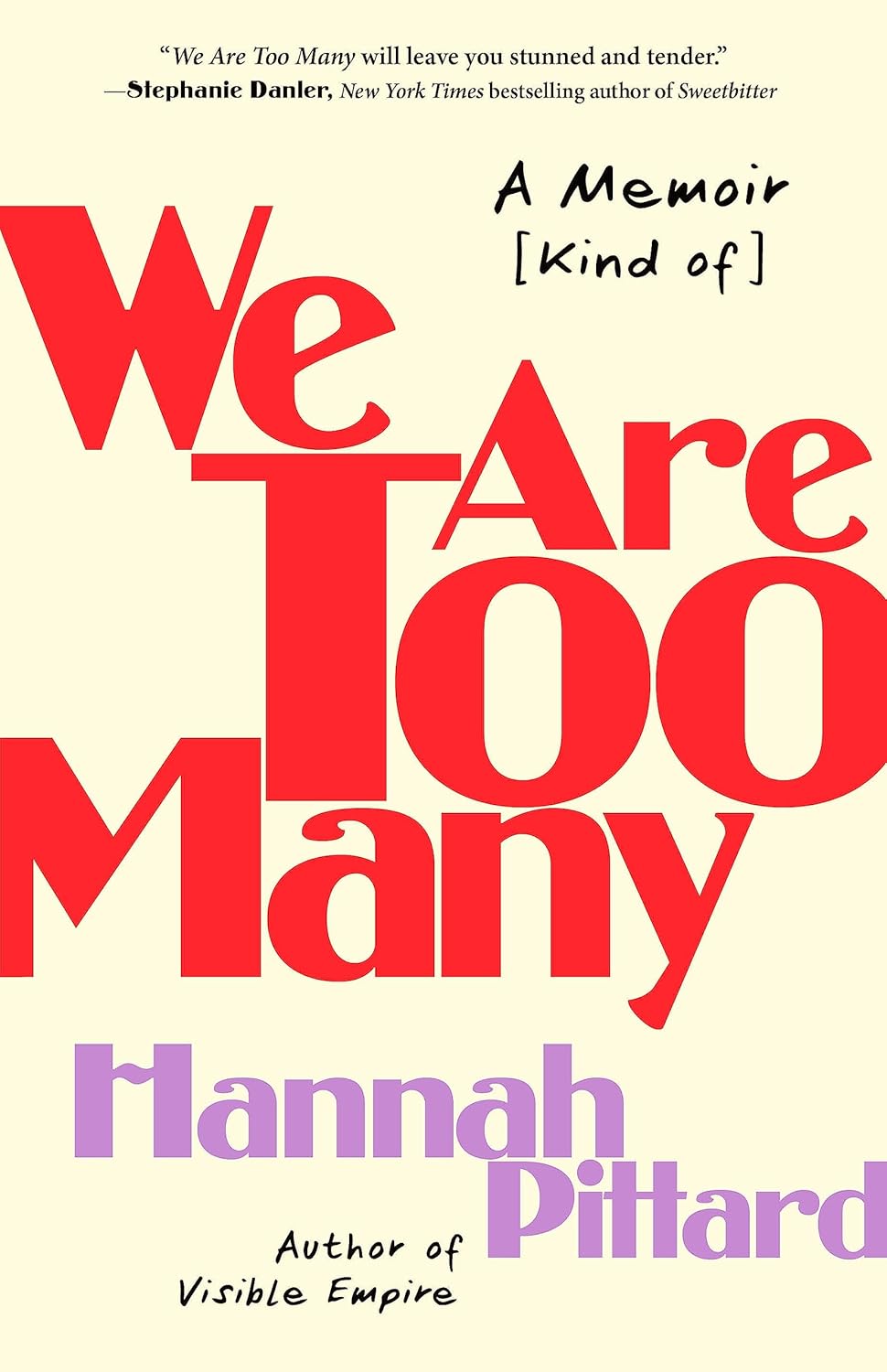
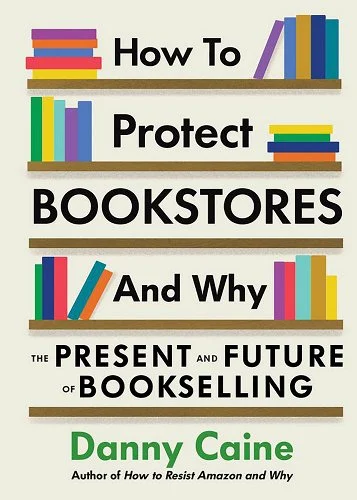
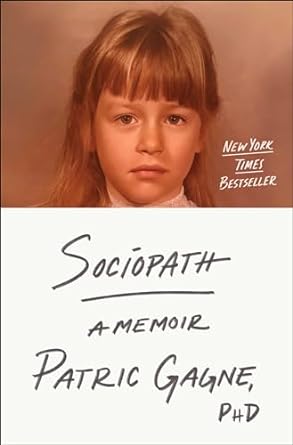
About Me
I have been blogging about books here at Everyday I Write the Book since 2006. I love to read, and I love to talk about books and what other people are reading.